

The agenda will be available at the end of April 2026.

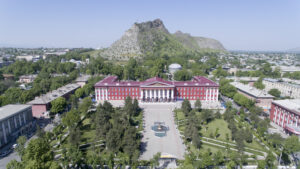

One of the priority areas of the Global Energy and Water Exchanges (GEWEX) program is the improved understanding of the impacts of the Earth system variability and change on water availability and food security across mountain ranges and river basins. GEWEX was founded over 30 years ago with the objective of addressing significant gaps in the understanding of Earth’s energy and water cycles given a lack of information about basic fluxes and reservoirs of these cycles.
The Initiating Regional Hydroclimate Project in Central Asia
Central Asia as a region is extremely vulnerable to Earth system change. The majority of its water resources are from summer melting of the regions’ mountain glaciers and annual snowpack. In a warming world, glacial extent and volume, as well as the snowpack, are declining. Agriculture is an important basis of the region’s economies and is highly dependent upon irrigation but also vulnerable to rising growing-season temperatures. For the region to efficiently and effectively adapt to these changes, it needs significantly improved observational networks and modeling that can provide more useful information for policymakers to invest in Earth system adaptation.
Initial steps for the proposed Regional Hydroclimate Project (RHP) in Central Asia have been to identify the relevant scientific and socio-economic community, its interests, priorities, and current capabilities and capacities. For more information about the Central Asia initiative visit https://www.gewex.org/central-asia-initiative/
This workshop will be the fourth workshop to develop the initiating RHP in Central Asia.
Program and Themes
Information about the main themes and program will be available at the end of March 2026.
Agenda
The agenda will be available at the end of April 2026 at https://www.gewexevents.org/meetings/central_asia_2026/agenda/
Registration
To register go to the registration tab or visit:
https://www.gewexevents.org/meetings/central_asia_2026/registration/
Presentation Upload
If you are scheduled to give a presentation, please upload your presentation as soon as possible.

Osh State University
Main Campus,
331 Lenin Street,
723500, Osh City,
Kyrgyzstan
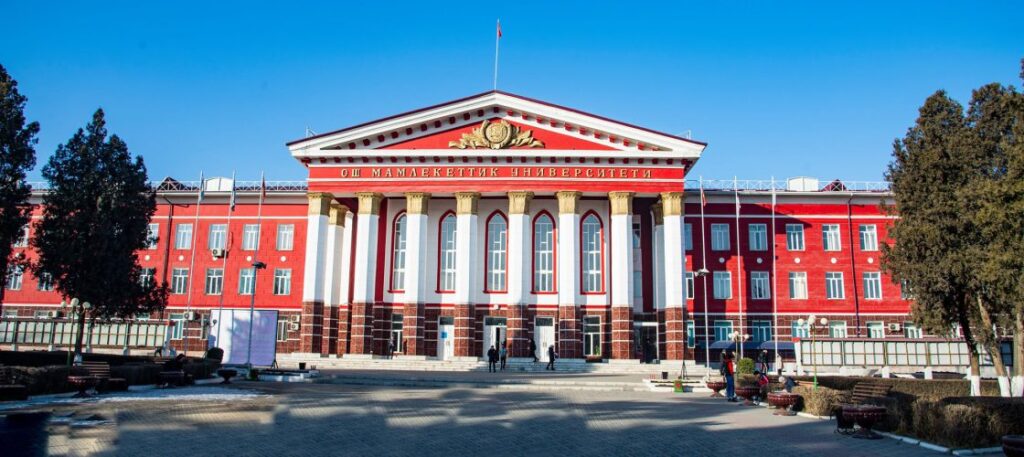
Grand Hotel Chavos (450 m)
280 Kurmanjan-Datka St
Osh
Hotel SunRiseOsh (1.7 km)
Masaliyev Avenue, 25A
Osh
Citizens from over 60 countries, including most of Europe, North America, and parts of Asia, do not need a visa for up to 30 days. To check if you need a visa visit https://www.evisa.e-gov.kg/get_information.php?lng=en.
Background image courtesy of Ninara – From Sary Tash to Osh, Kyrgyzstan, Alai Mountains

We would like to thank our generous sponsors for their support of the 1st Pan-GLASS Conference, Back to the Drawing Board: From Fundamentals to Improved Models of the Coupled Land-Atmosphere System. Their backing allows us to offer reduced registration fees and to provide travel support to Early Career Researchers and those from less developed countries, as well as to provide awards to our ECR and student presentation competition winners.
European Space Agency (ESA) | University of Hohenheim | World Climate Research Programme (WCRP) | World Meteorological Organization (WMO)
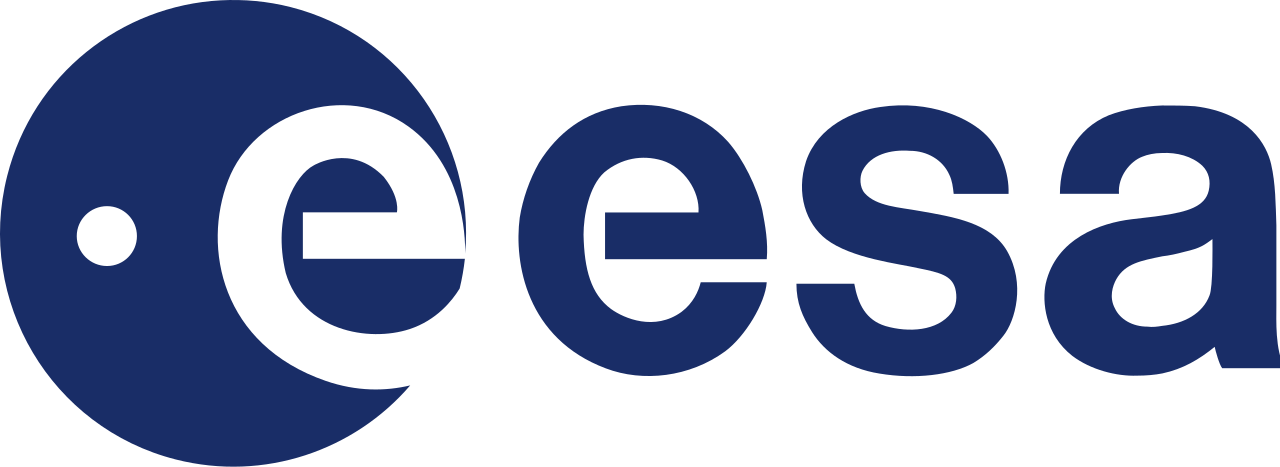

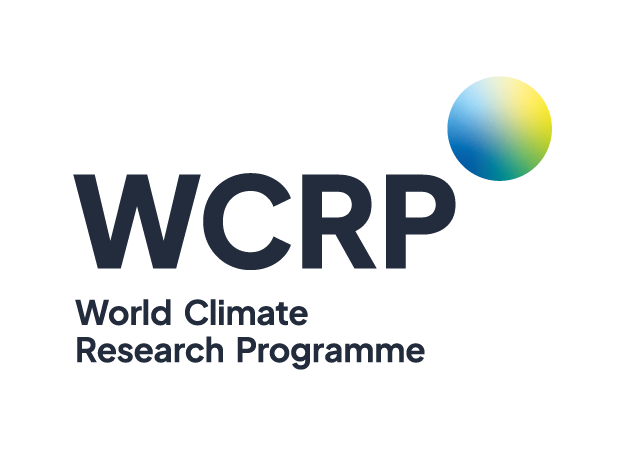



There are many types of accommodations in different price ranges in the vicinity of the meeting venue. Please use your own preferred accommodation booking method.
Getting to Montreal by air
Flights arrive at the the Montréal-Trudeau International Airport (YUL). From the airport you can travel to Montreal by:
1) Taxi
fare to downtown Montréal is about CAD40, payable by cash or credit card, or by
2) STM Public bus
Bus number 747 runs 24 hours per day, 7 days a week between the airport and downtown Montreal. One-way cash fare is CAD10 payable in Canadian coins (no bills) or by fare card, which you can buy at the airport’s international arrivals exit.
Take Bus number 747 and get of at Lionel-Groulx station. Walk 170m to Station Lionel-Grouix departing on Saint-Jacques direction Southwest. Take the orange line, direction Montmorency-Zone-B, to Station Sherbrooke. It’s about a 5 minute walk from the station to Burnside Hall.
To schedule your own trip by public transportation in Montreal, visit https://www.stm.info/en. For a map of the Metro Network click here and for additional information about public transportation go to Getting around in Montreal.
Getting to Montreal by train
If you’re traveling to Montreal from Ottawa, Toronto or beyond, consider taking the train. You’ll arrive in Montreal at Gare Centrale, which is about an 11 minute walk to Burnside Hall.
Getting around in Montreal
Public transportation is an affordable way to get around Montreal. The metro (subway) system is clean, safe and fast. With just four lines connecting the downtown center to major tourist sites, bus stops and train stations it’s an easy way to get around in Montreal. The metro operates daily from 5:30 a.m. to 1 a.m. (1:30 a.m. on Saturdays). The average wait time between trains is eight minutes and three minutes during rush hour.
The OPUS card is a smart card on which you can charge all Zone A (Greater Montréal area) transit fares, with the exception of group fares, which are available only on tickets. More information about public transportation tickets, point of sales, etc. can be found here. Bus and metro route maps are available at https://www.stm.info/en/info/networks/maps
Come experience Montréal like a local by hopping on a bike. Montreal boast more than 700 km of bike paths. You can rent a bike, bringing your own or try out Montréal’s BIXI system, a bike sharing system throughout the city. Visit the Guide to all things biking in Montreal for detailed information about routes, tours, rentals, etc.
Montréal is an island. Water taxis run between the Old Port of Montréal and Parc Jean-Drapeau, Longueuil, and other points of interest along the St. Lawrence River.
Rideshare with Uber and the traditional taxi cab is available in Montreal.
For detailed information about how to get around in Montreal visit Tourisme Montréal.
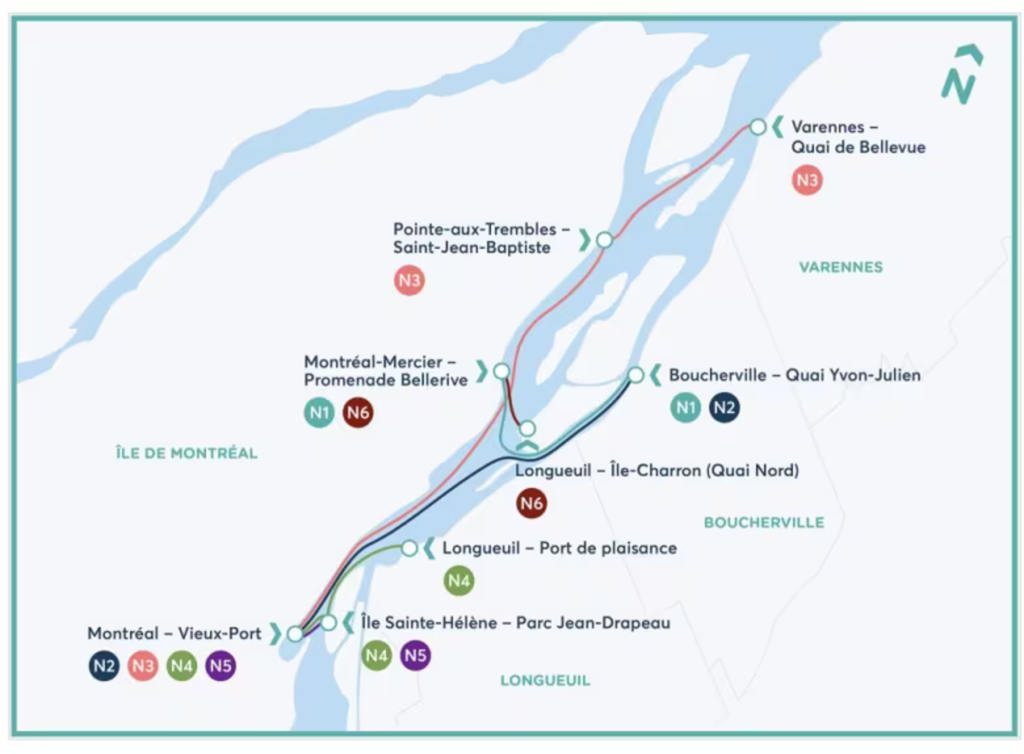
Most travelers need a visitor visa or an Electronic Travel Authorization to travel to Canada. You may also need one if you’re transiting through a Canadian airport on your way to your final destination.
The entry document you need depends on:
To find out if and the type of visa you need to travel to Canada, click here.
Call 911 in case of all type of emergencies (health, fire, law enforcement, etc.).
For non-urgent service check out the SPVM website or contact (+1) 514 280-2222 where a police officer can be reached at all times.
Montreal is the largest city of Quebec and second largest city in Canada. Founded in 1642 as Ville-Marie, or “City of Mary”, it is renamed after the triple-peaked Mount Royal around which the early settlement was built. French is the official language in Montreal. Most people are bilingual, however, and speak both English and French. The city is composed of 19 large boroughs and are subdivided in neighborhoods. Downtown, the historic district of Old Montreal, Chinatown, the Gay Village, and other neighborhoods of interest are located in borough Ville-Marie.
As you can expect from a large and vibrant city, there is a lot to see and do in Montreal. From culture, art to festivals, nature and other recreational activities. Montreal has something for everyone. Just to name a few:
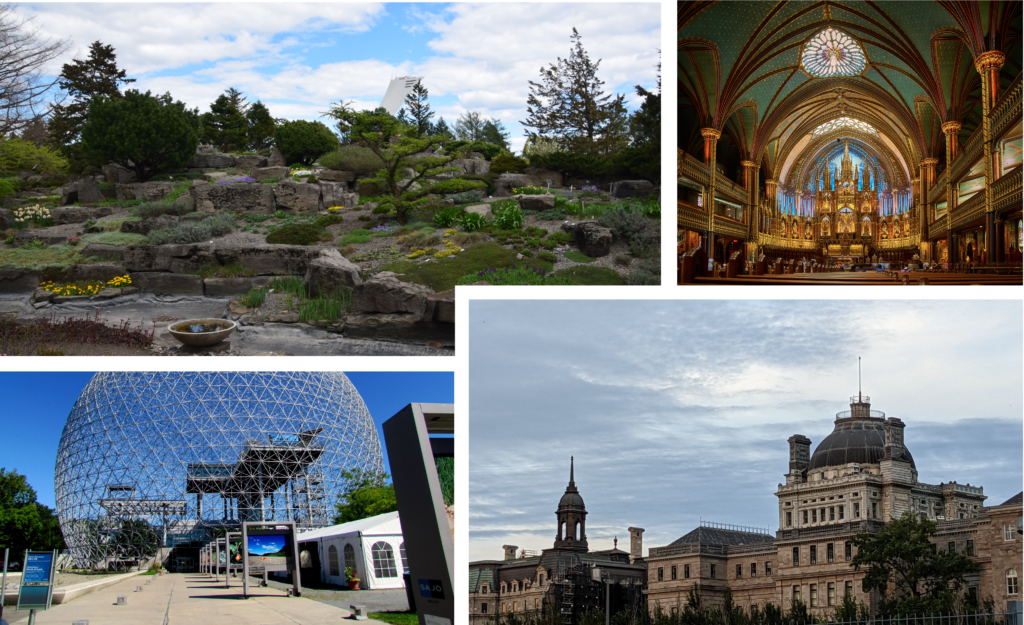
For more ideas and other practical information, visit Montreal Tourism.
Images (left-right; top-down)
Mig Gilbert – Montreal Botanical Gardens
Pedro Szekely – Notre-Dame Basilica
Bobistraveling – Biosphere Montreal
Eden, Janine and Jim – Old Montreal

